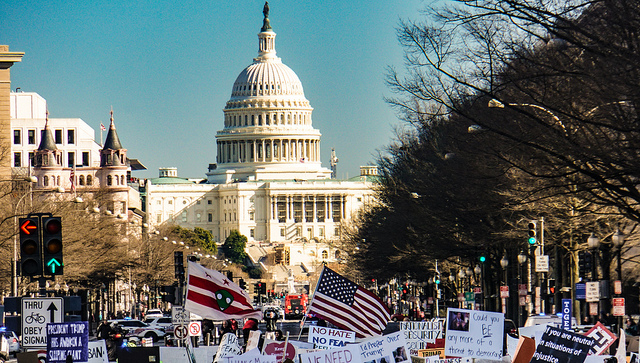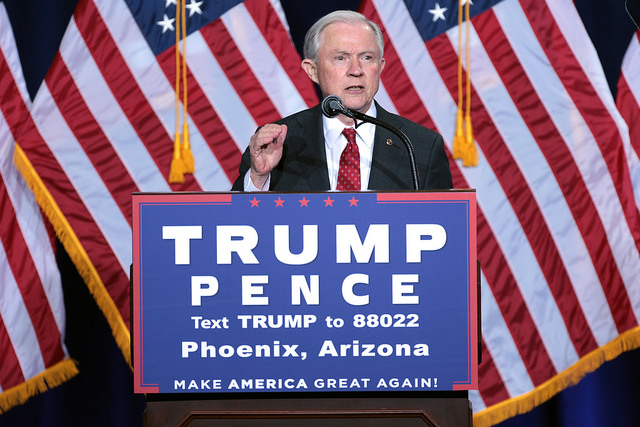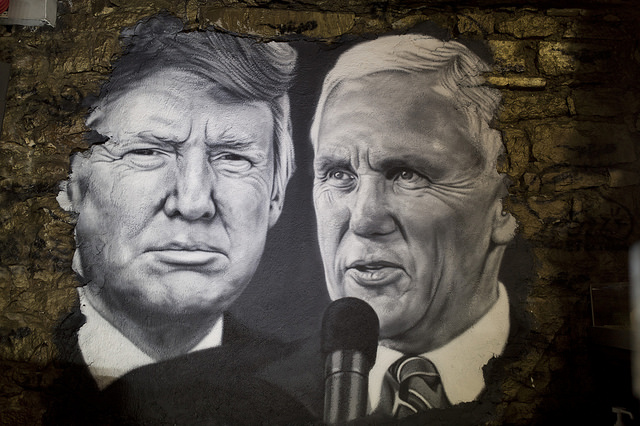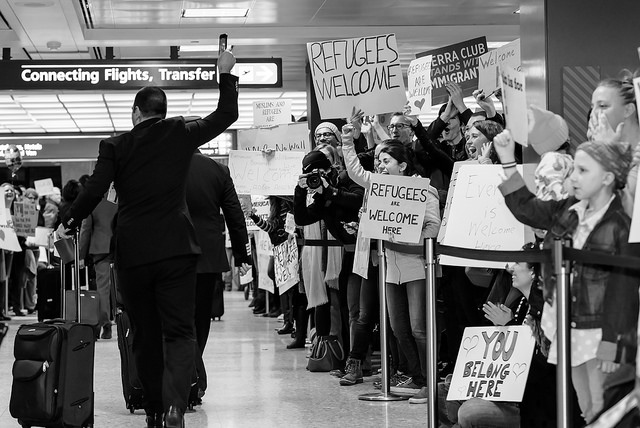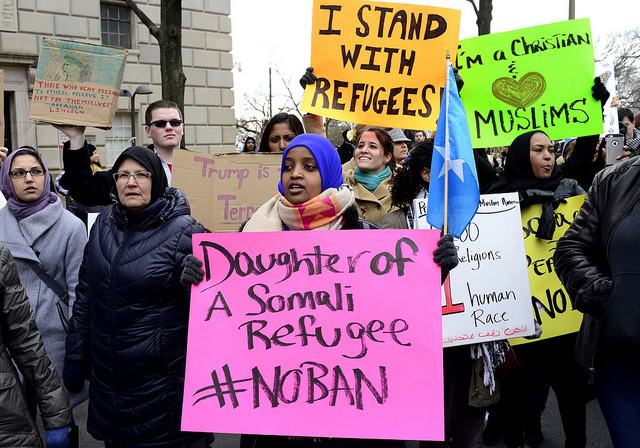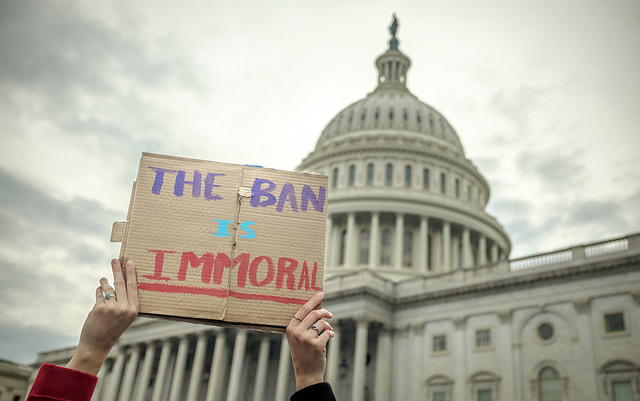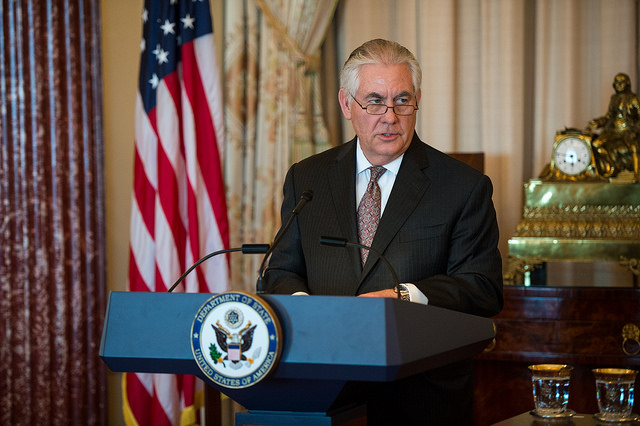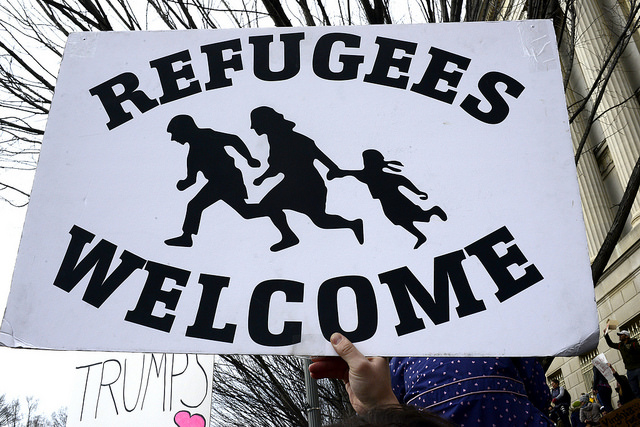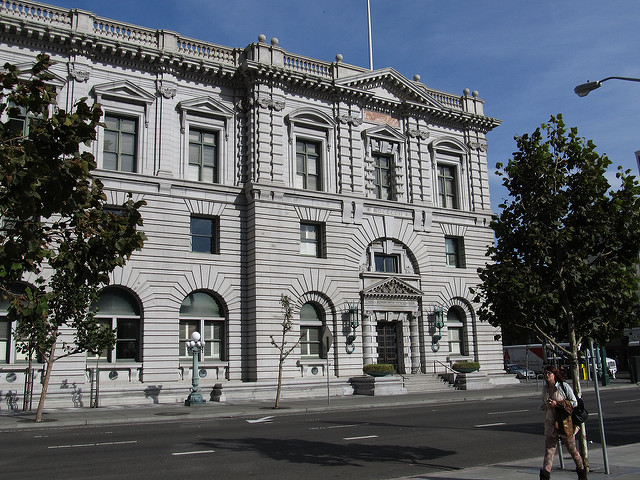On September 24, 2017, the President issued a Presidential Proclamation expanding the list of countries subject to the travel ban outlined in Executive Order 13780 entitled “Protecting the Nation from Foreign Terrorist Entry into the United States.” As you may recall, as part of that executive order, in March 2017, the President had asked the Secretary of Homeland Security and Attorney General to conduct a worldwide review to assess the dangers that foreign nationals from designated countries of concern pose to the national security of the United States. Under Executive Order 13780, DHS was directed to implement additional security mechanisms and vetting procedures for countries identified as potential threats to national security.
The Secretary of Homeland Security, Secretary of State, and Attorney General identified 16 additional countries which “remain deficient . . . with respect to their identity-management and information-sharing capabilities, protocols, and practices,” and as a result pose a potential threat to our country’s national security. By proclamation, the entry of foreign nationals from eight of these countries will remain suspended and limited for the time being.
The President has determined that the immigrant and non-immigrant entry of foreign nationals from the following countries would be detrimental to the national interests of the United States, at least until increased security mechanisms can be implemented, and identity and information-sharing capabilities can be improved.
Per Section 2 of the Proclamation
Suspension of Entry for Nationals of Countries of Identified Concern
“The following countries continue to have “inadequate” identity-management protocols, information-sharing practices, and risk factors . . . such that entry restrictions and limitations are recommended:”
The entry of foreign nationals from the designated countries listed below will be suspended and limited to a few exceptions and case-by-case waivers beginning October 18, 2017.
 Visa Lawyer Blog
Visa Lawyer Blog


